US History Period 7
5.0(1)
5.0(1)
Card Sorting
1/60
Earn XP
Description and Tags
Study Analytics
Name | Mastery | Learn | Test | Matching | Spaced |
|---|
No study sessions yet.
61 Terms
1
New cards
imperialist
A policy of extending a country's power and influence through diplomacy or military force.
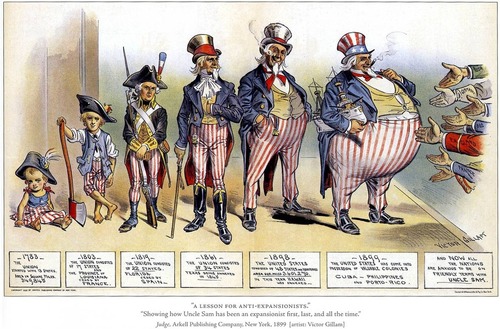
2
New cards
isolationism
A category of foreign policies institutionalized by leaders who asserted that their nations' best interests were best served by keeping the affairs of other countries at a distance.
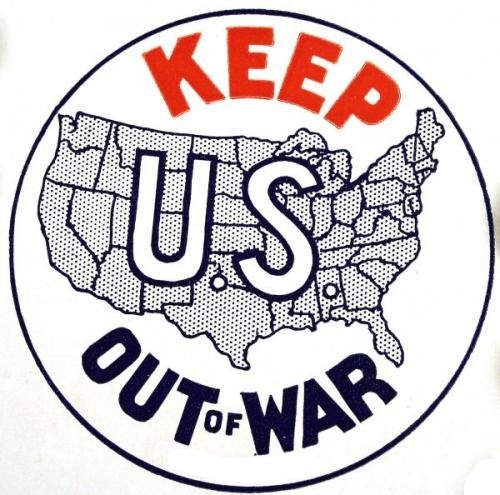
3
New cards
Open Door Policy
The policy that China should be open to trade with all of the major powers, and that all, including the United States, should have equal right to trade there. This was the official American position toward China as announced by Secretary of State John Hay in 1899.
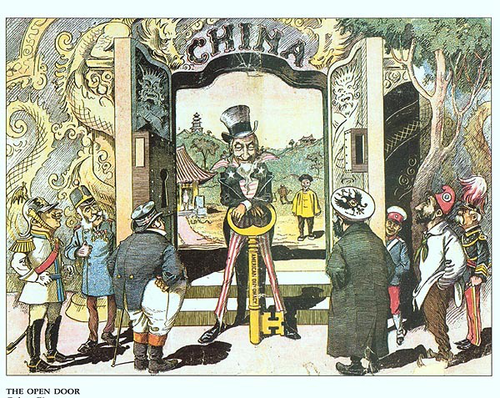
4
New cards
Spanish-American War
A conflict fought between Spain and the United States in 1898. Hostilities began in the aftermath of sinking of the USS Maine in Havana harbor leading to American intervention in the Cuban War of Independence.
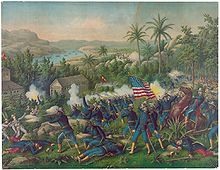
5
New cards
Progressive Era
A period of widespread social activism and political reform across the United States, from the 1890s to 1920s.
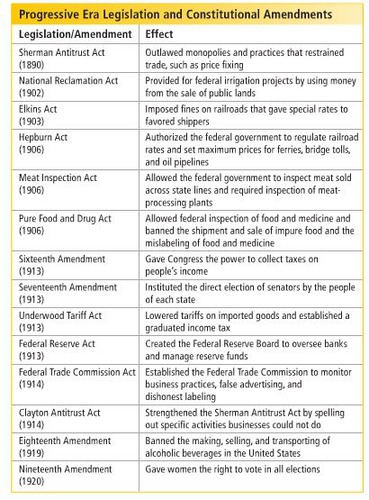
6
New cards
progressive
In politics, one who believes in continuing progress, improvement, or reform.
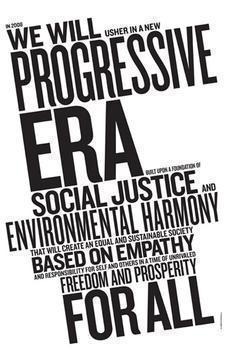
7
New cards
initiative
In politics, the procedure whereby voters can, through petition, present proposed legislation directly to the electorate.
8
New cards
referendum
The submission of a law, proposed or already in effect, to a direct vote of the electorate.
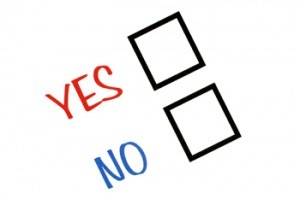
9
New cards
recall
In politics, a procedure for removing an official from office through popular election or other means.
10
New cards
Prohibition
A nationwide constitutional ban on the production, importation, transportation and sale of alcoholic beverages that remained in place from 1920 to 1933.
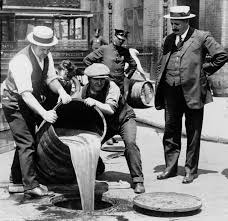
11
New cards
Women's suffrage
The women's right to vote, granted by the 19th amendment to the U.S. Constitution (1920).
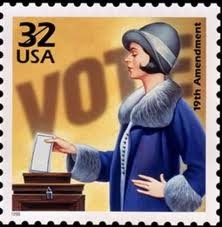
12
New cards
The Great Depression
The deepest and longest-lasting economic downturn in the history of the Western industrialized world. In the United States, the Great Depression began soon after the stock market crash of October 1929, which sent Wall Street into a panic and wiped out millions of investors.
13
New cards
conservationists
Those who advocate for the sustainable use and management of natural resources including wildlife, water, air, and earth deposits, both -- renewable and non-renewable.

14
New cards
Welfare State
A system whereby the government undertakes to protect the health and well-being of its citizens, especially those in financial or social need, by means of grants, pensions, and other benefits. The foundations for the modern welfare state in the US were laid by the New Deal programs of President Franklin D. Roosevelt.
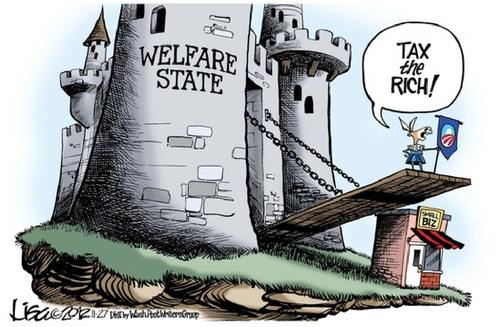
15
New cards
Liberalism
A viewpoint or ideology associated with free political institutions and religious toleration, as well as support for a strong role of government in regulating capitalism and constructing the welfare state.
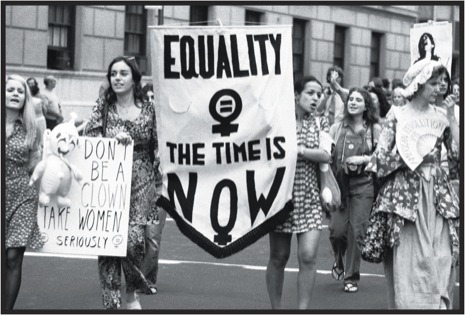
16
New cards
mass media
Diversified mediatechnologies that are intended to reach a large audience by mass communication.

17
New cards
The Great Migration
The movement of 6 million African-Americans out of the rural Southern United States to the urban Northeast, Midwest, and West that occurred between 1910 and 1970.
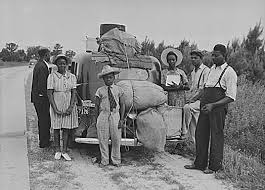
18
New cards
Treaty of Versailles
One of the peace treaties at the end of World War I. It ended the state of war between Germany and the Allied Powers. Signed on 28 June 1919, exactly five years after the assassination of Archduke Franz Ferdinand.
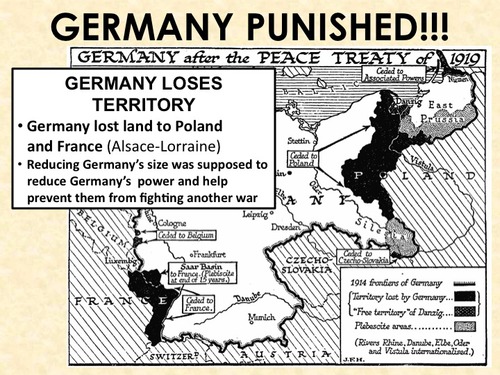
19
New cards
League of Nations
An intergovernmental organization founded on 10 January 1920 as a result of the Paris Peace Conference that ended the First World War. It lacked an armed force to enforce policy and was not joined by the United States.
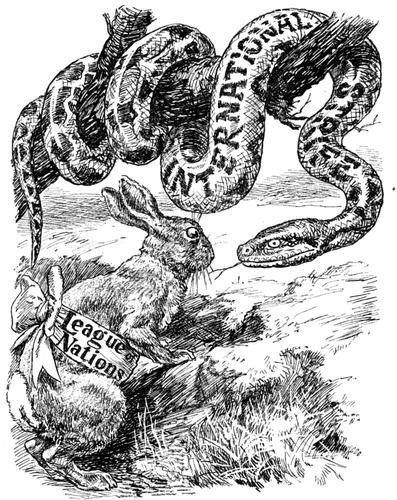
20
New cards
fascism
An authoritarian and nationalistic right-wing system of government and social organization.
21
New cards
Axis Powers
Germany, Italy, and Japan, which were allied before and during World War II.
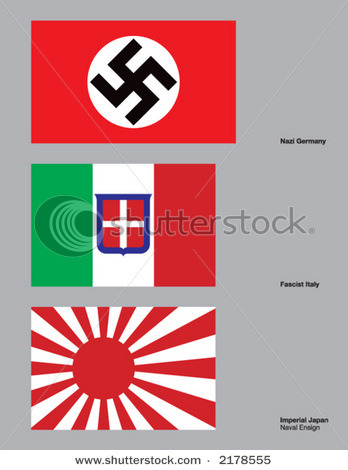
22
New cards
Allied Powers
U.S., Britain, France, which were allied before and during World War II.
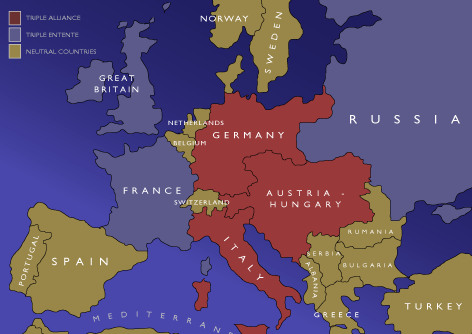
23
New cards
Nazi Concentration Camp
A guarded compound for the detention or imprisonment of aliens, members of ethnic minorities, political opponents. Primarily Jewish Europeans during WWII.
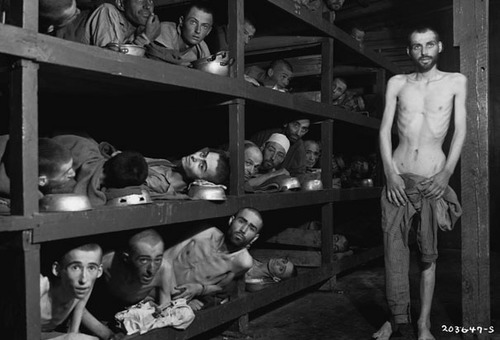
24
New cards
Holocaust
A genocide in which Adolf Hitler's Nazi Germany and its collaborators killed about six million Jews and members from other fringe social groups during World War II.
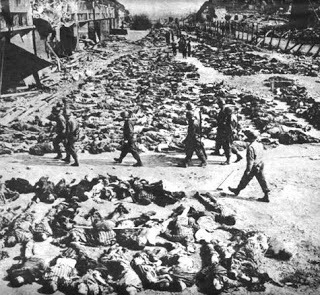
25
New cards
Internment of Japanese Americans
Forced relocation and incarceration in camps in the interior of the U.S. of between 110,000 and 120,000 people of Japanese ancestry who had lived on the Pacific coast.
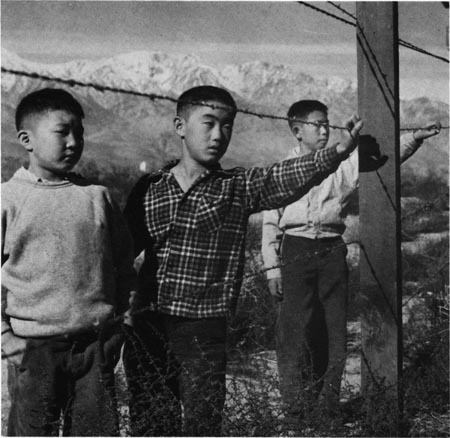
26
New cards
Pacific "Island Hopping"
A military strategy employed by the Allies in the Pacific War against Japan and the Axis powers during World War II. The idea was to bypass heavily fortified Japanese positions and instead concentrate the limited Allied resources on strategically important islands that were not well defended but capable of supporting the drive to the main islands of Japan.
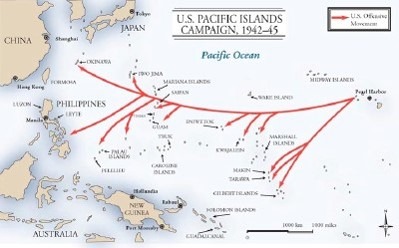
27
New cards
D-Day
The landing operations on Tuesday, 6 June 1944 of the Allied invasion of Normandy in Operation Overlord during World War II.
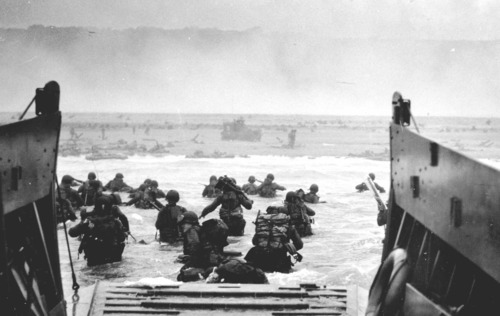
28
New cards
atomic bomb
A "fission" bomb dropped on Nagasaki and Hiroshima at the end of World War II.
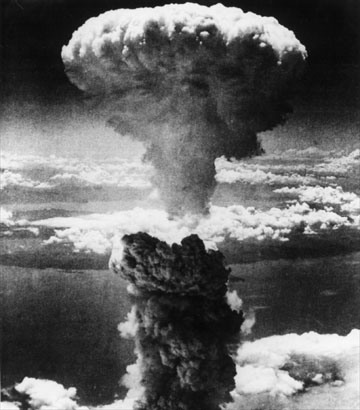
29
New cards
americanization
The process of assimilating American character, manner, ideals, culture, and so on.
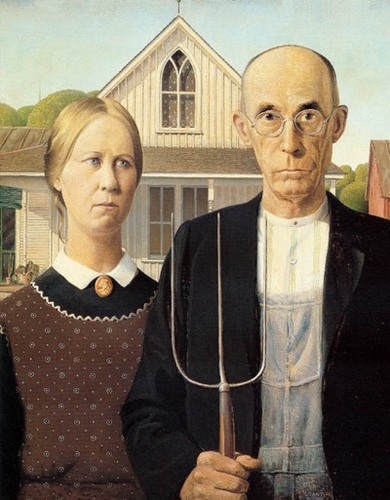
30
New cards
self-determination
In politics, the right of a people (usually based on ethnicity) to shape its own national identity and form a government, without outside coercion of influence.
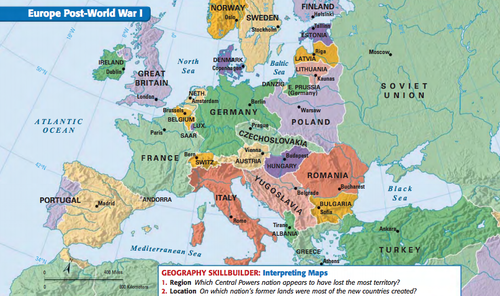
31
New cards
graduated income tax
A tax on income in which the taxation rates are progressively higher for those whit higher income.
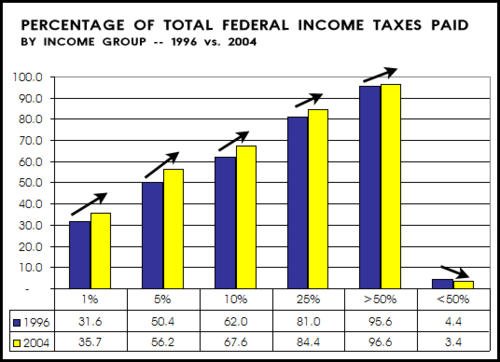
32
New cards
Muller v. Oregon (1908)
First case to use the "Brandeis brief"; recognized a 10-hour work day for women laundry workers on the grounds of health and community concerns.
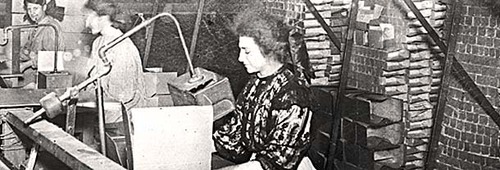
33
New cards
Schenck v. U. S. (1919)
Unanimously upheld the Espionage Act of 1917 which declared that people who interfered with the war effort were subject to imprisonment; declared that the 1st Amendment right to freedom of speech was not absolute; free speech could be limited if its exercise presented a "clear and present danger."
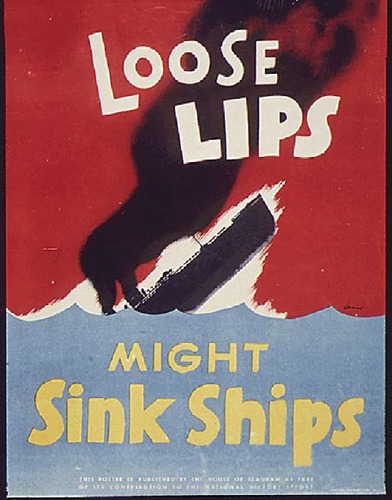
34
New cards
Korematsu v. U. S. (1941)
The court upheld the constitutionality of detention camps for Japanese-Americans during World War 2.
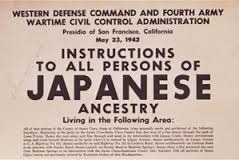
35
New cards
socialism
An economic and governmental system based on public ownership of the means of production and exchange.
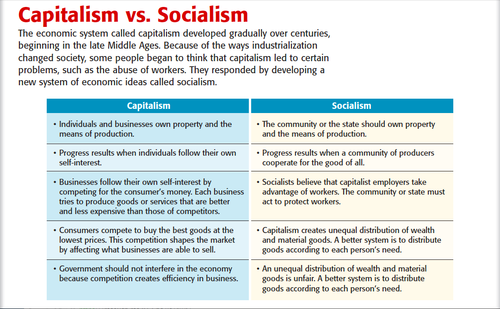
36
New cards
Eugene Debs
Prominent socialist leader (and five time presidential candidate) who founded the American Railroad Union and led the 1894 Pullman Strike
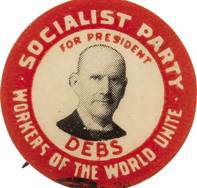
37
New cards
Roosevelt Corollary
Roosevelt's 1904 extension of the Monroe Doctrine, stating that the United States has the right to protect its economic interests in South And Central America by using military force.
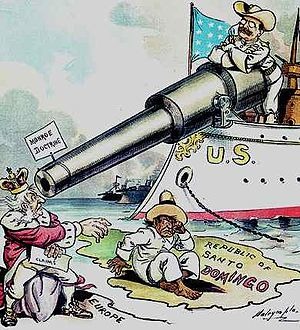
38
New cards
Industrial Workers of the World (IWW)
Founded in 1905, this radical union, also known as the Wobblies aimed to unite the American working class into one union to promote labor's interests. It worked to organize unskilled and foreign-born laborers, advocated social revolution, and led several major strikes. Stressed solidarity.
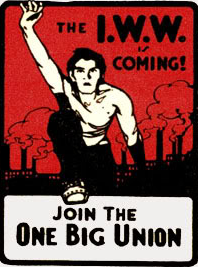
39
New cards
Pure Food and Drug Act
Forbade the manufacture or sale of mislabeled or adulterated food or drugs, it gave the government broad powers to ensure the safety and efficacy of drugs in order to abolish the "patent" drug trade. Still in existence as the FDA.
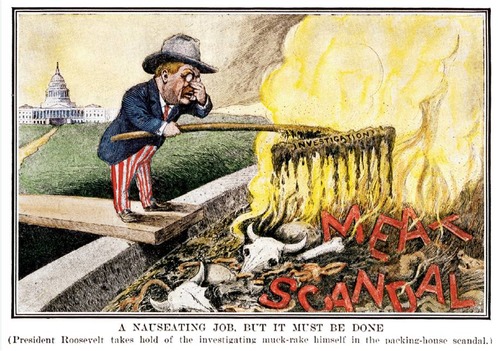
40
New cards
Teddy Roosevelt
Twenty-sixth president of the United States; he focused his efforts on trust busting, environment conservation, and strong foreign policy.
41
New cards
William Taft
27th president of the U.S.; he angered progressives by moving cautiously toward reforms and by supporting the Payne-Aldrich Tariff; he lost Roosevelt's support and was defeated for a second term.
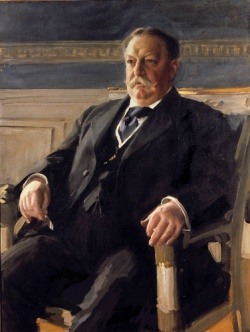
42
New cards
Triangle Shirtwaist Fire
March 1911 fire in New York factory that trapped young women workers inside locked exit doors; nearly 50 ended up jumping to their death; while 100 died inside the factory; led to the establishment of many factory reforms, including increasing safety precautions for workers
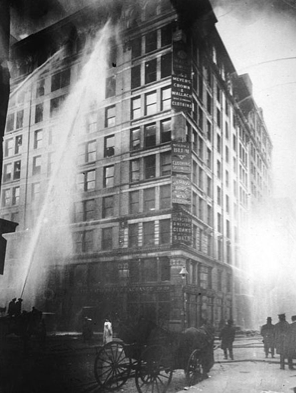
43
New cards
segregation
Separation of people based on racial, ethnic, or other differences. Common in the South after the Civil War through the 1960s.
44
New cards
Harlem Renaissance
Black literary and artistic movement centered in Harlem that lasted from the 1920s into the early 1930s that both celebrated and lamented black life in America; Langston Hughes and Zora Neale Hurston were two famous writers of this movement.
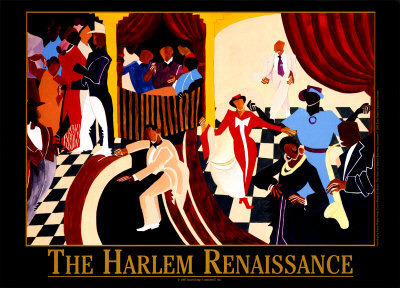
45
New cards
Fourteen Points
The war aims outlined by President Wilson in 1918, which he believed would promote lasting peace; called for self-determination, freedom of the seas, free trade, end to secret agreements, reduction of arms and a league of nations.
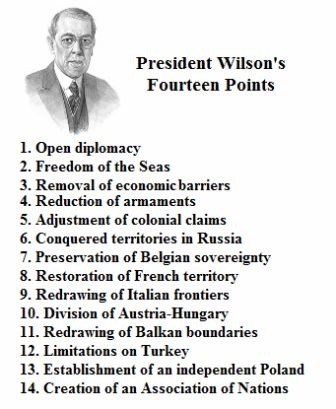
46
New cards
Red Scare
A social/political movement designed to prevent a socialist/communist/radical movement in this country by finding "radicals," incarcerating them, deporting them, and subverting their activities. Periods of Red Scare occurred after both World Wars in the United States.
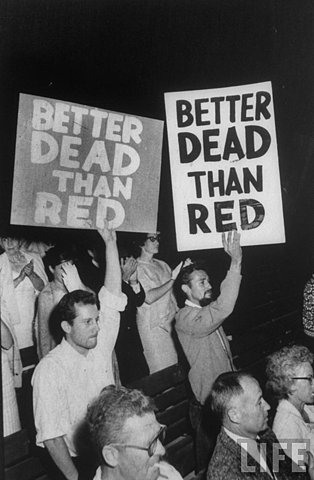
47
New cards
Sedition Act
A law passed by Congress in 1918 (during World War I) to make it illegal to say anything disloyal, profane, or abusive about the government or the war effort in WWI. Seen as a military necessity by some for effectively fighting in WWI.
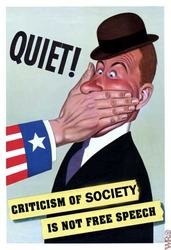
48
New cards
Scopes Trial
Also known as the Scopes Monkey Trial;
1925 court case argued by Clarence Darrow and William Jennings Bryan in which the issue of teaching evolution in public schools was debated. Highlighted the growing divide between rural (more conservative) and urban (more liberal) interests in the United States.
1925 court case argued by Clarence Darrow and William Jennings Bryan in which the issue of teaching evolution in public schools was debated. Highlighted the growing divide between rural (more conservative) and urban (more liberal) interests in the United States.
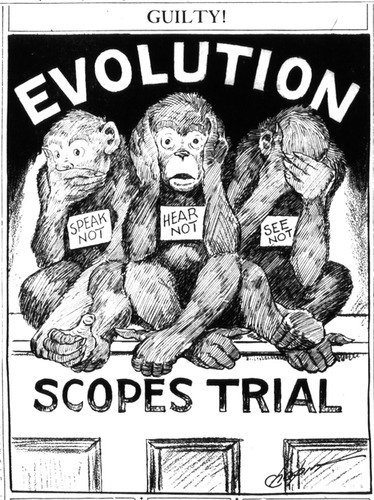
49
New cards
Sacco and Vanzetti Trial
Nicola Sacco and Bartolomeo Vanzetti were Italian immigrants charged with murdering a guard and robbing a shoe factory in Braintree, Massachusetts. The trial lasted from 1920-1927. Convicted on circumstantial evidence; many believed they had been framed for the crime because of their anarchist and pro-union activities.
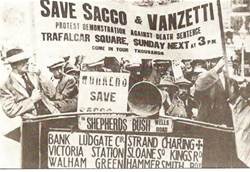
50
New cards
Kellog-Briand Pact
Idealistic agreement signed in 1928 in which nations agreed not to pose the threat of war against one another.
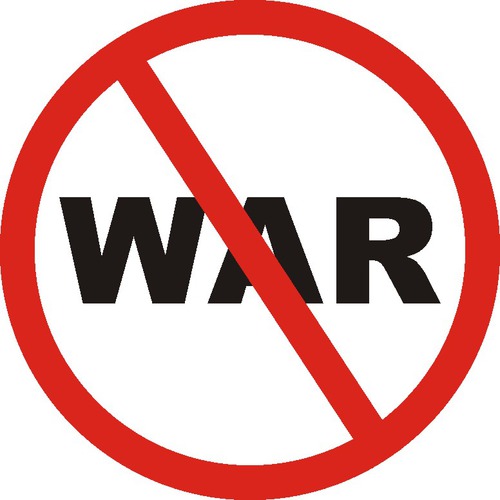
51
New cards
Herbert Hoover
Republican president at the outset of the Great Depression. As a Republican, he believed that the federal government should not interfere in economic problems; the severity of the Great Depression forced his hand to provide some federal assistance to those in need, but he mostly left these efforts to the states.
52
New cards
Smoot-Hawley Tariff
One of Herbert Hoover's earliest efforts to protect the nation's farmers following the onset of the Great Depression. Tariff raised rates to an all-time high.
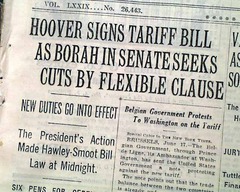
53
New cards
Platt Amendment
This amendment to the new Cuban constitution authorized U.S. intervention in Cuba to protect its interests. Cuba pledged not to make treates with other countries that might compromise its independence, and it granted naval bases to the United States, most notable being Guantanamo Bay.
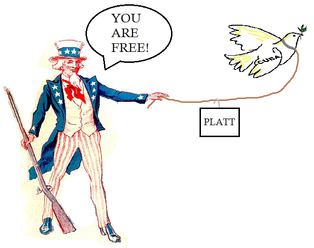
54
New cards
Zoot Suit Riots
A series of riots in 1944 during World War II that broke out in Los Angeles, California, between Anglo American sailors and Marines stationed in the city, and Latino youths, who were recognizable by the zoot suits they favored.
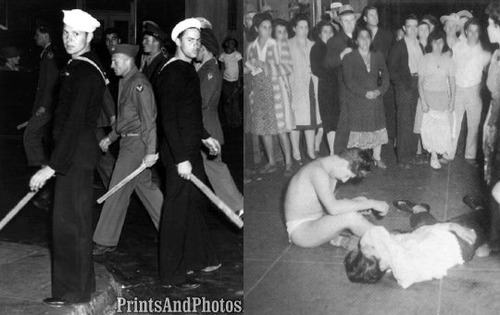
55
New cards
Yalta Conference
FDR, Churchill and Stalin met at Yalta. Russia agreed to declare war on Japan after the surrender of Germany and in return FDR and Churchill promised the USSR concession in Manchuria and the territories that it had lost in the Russo-Japanese War.
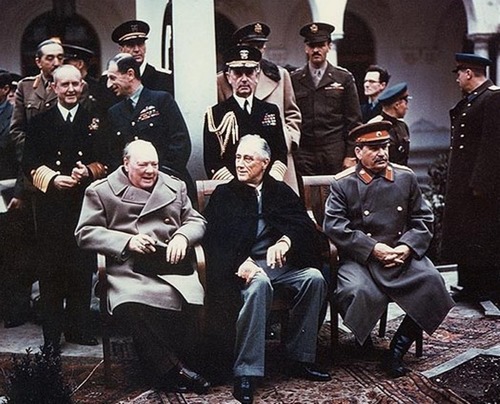
56
New cards
William Jennings Bryan
United States lawyer and politician who advocated free silver and prosecuted John Scopes (1925) for teaching evolution in a Tennessee high school (1860-1925).
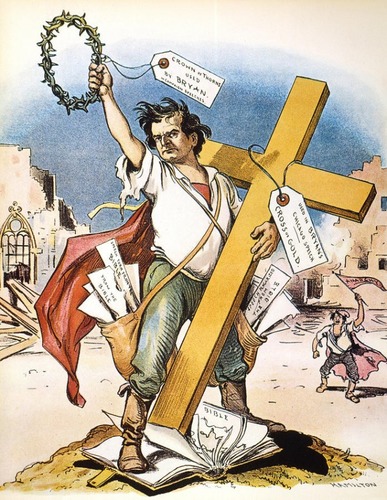
57
New cards
Woodrow Wilson
(1856-1924) President of the United States (1913-1921) and the leading figure at the Paris Peace Conference of 1919. He was unable to persuade the U.S. Congress to ratify the Treaty of Versailles or join the League of Nations.
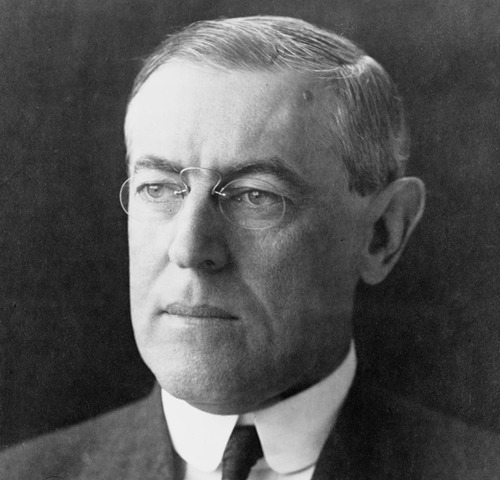
58
New cards
United Nations
An international organization formed after WWII to promote international peace, security, and cooperation.
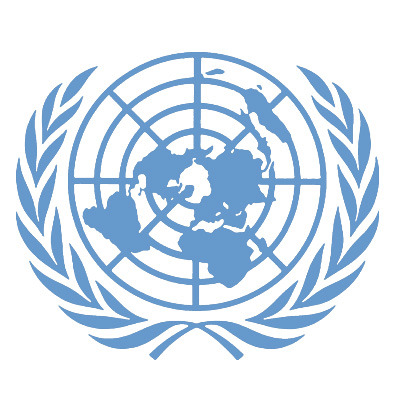
59
New cards
communism
A political theory derived from Karl Marx, advocating class war and leading to a society in which all property is publicly owned and each person works and is paid according to their abilities and needs.
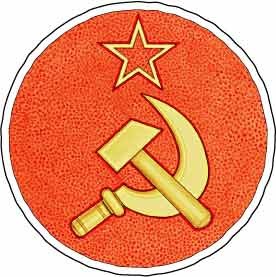
60
New cards
Bolshevik Revolution
The overthrow of Russia's Provisional Government in the fall of 1917 by Lenin and his Bolshevik forces, made possible by the government's continuing defeat in the war, its failure to bring political reform, and a further decline in the conditions of everyday life.
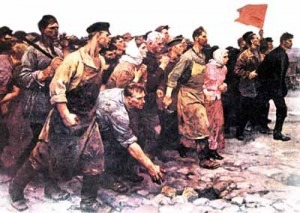
61
New cards
Wagner Act
Established the National Labor Relations Board; allowed employees to collectively bargain